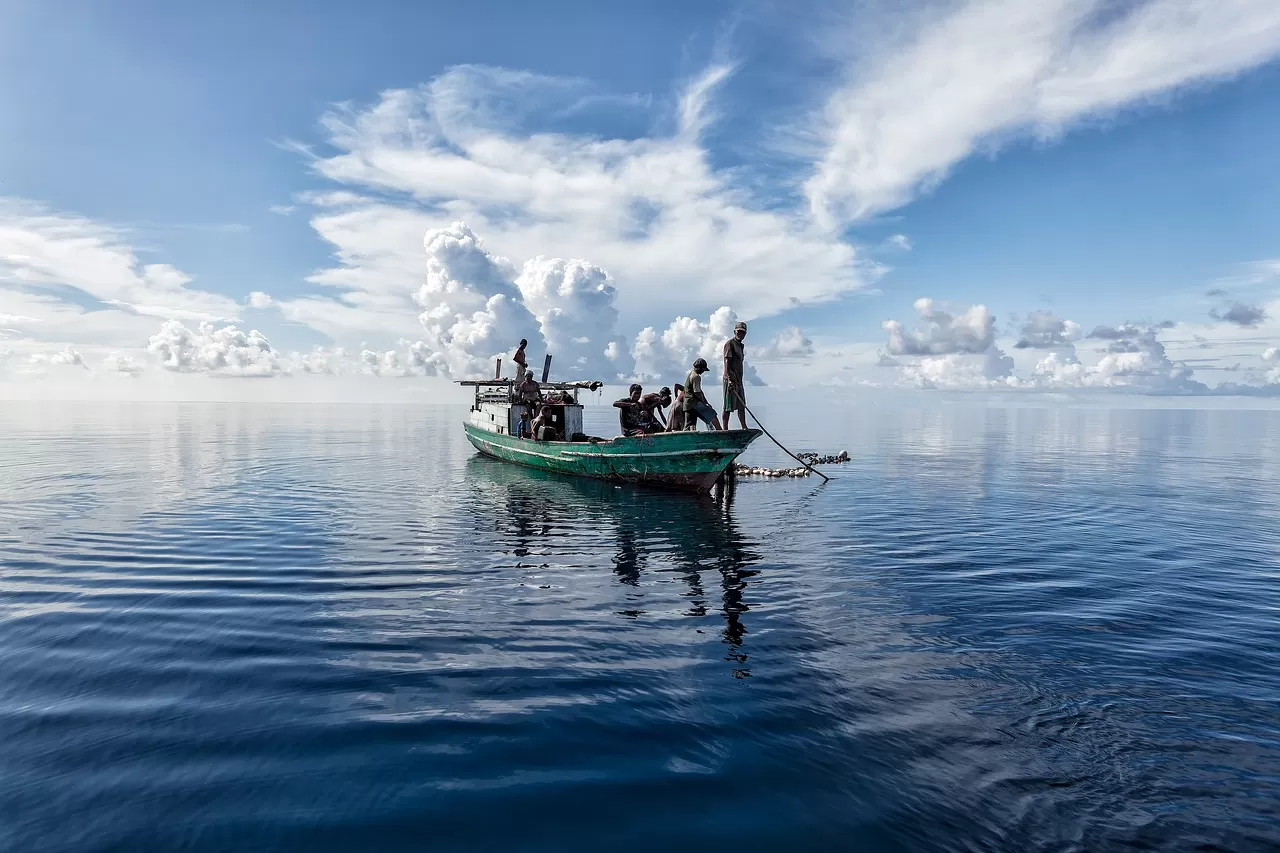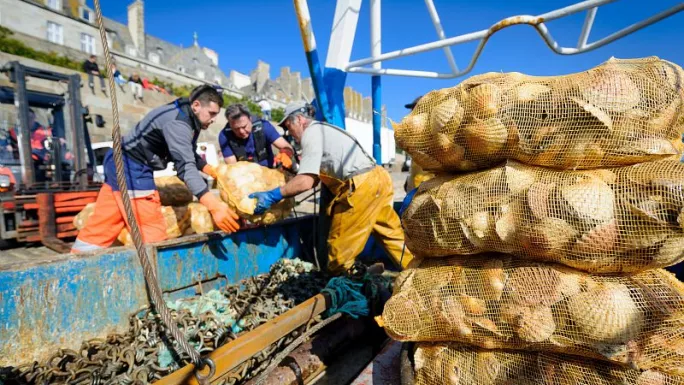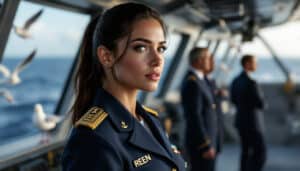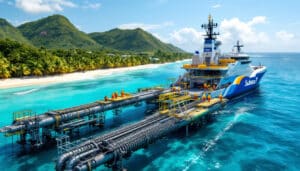Table of Contents
ToggleMSC Innovative Initiatives for Sustainable Fisheries
THE Marine Stewardship Council (MSC), created in 1997, has established itself as one of the world leaders in promoting sustainable fishing thanks to ambitious initiatives and certification programs that make a difference on the ground. As the leading globally recognized certification program, the MSC prides itself on boosting fishing practices through a rigorous framework based on high standards. But what strategies is the MSC implementing to propel sustainability on a global scale? This article will explore the MSC’s landmark initiatives, the challenges it faces, and striking stories that illustrate the impact of these actions.
Strategies for Implementing Sustainable Fishing Practices
MSC certification represents an essential path to ensuring the sustainability of fish stocks. A transparent and detailed process is established to support the fisheries wishing to comply with MSC standards. As of 2020, nearly 400 fisheries worldwide received MSC certification, demonstrating a growing commitment to eco-responsible practices. The MSC framework covers key elements such as inventory management, minimizing environmental impacts, and respecting workers’ rights.
To promote its efforts, the MSC has launched several global programs, including the MedPath, started in 2015, which specifically targets Mediterranean fisheries, a particularly vulnerable ecosystem. The MSC’s collaborative approach involves partnerships with marine scientists, NGOs, and processing industry stakeholders to ensure effective implementation of sustainability strategies.
A recent study also highlighted the impact of MSC certification, demonstrating that certified fisheries show a significant reduction in bycatch (default), resulting in 20% fewer catches compared to non-certified fisheries. This model serves as an example for other fisheries initiatives globally, signaling that concerted change in the management of marine resources is not only possible, but also beneficial for ecosystems and coastal communities that depend on fisheries.
Case Studies and Concrete Testimonials
A compelling example of the successes of the MSC can be seen through the certification program for northern herring, a flagship product of several Scandinavian countries. In 2019, studies showed that this fishery improved its practices through innovations in fishing equipment, making it possible to target species without causing adverse effects on the marine environment. Following this transition, the volume of MSC certified herring increased threefold, providing economic and environmental security to fishermen and the local community.
Let us also take the example of the eel fishing in the south of Spain, an exemplary initiative for the conservation of an endangered species. With advice from the MSC and innovative support from researchers, sustainable breeding techniques have been put in place to reintroduce eels into declining ecosystems. The first returns are promising, indicating an increase in eel populations in this area. This type of initiative highlights the potential for collaboration between the MSC and local stakeholders in order to restore fish stocks and ensure their long-term sustainability.
Brad Wiley, a fisherman and member of a local cooperative, testifies to the positive impact of MSC certification: “Since we became certified, our sales have increased, and our community has understood what it really means to fish sustainably . It changed our perspective on our profession.” This type of testimony highlights not only the economic impact, but also a real transformation of mentalities towards a responsible fishing.
Future Perspective and Practical Recommendations
Climate change and the degradation of marine habitats pose major challenges to the future of marine practices. sustainable fishing. The MSC has put in place initiatives to anticipate these changes, investing in innovative long-term solutions that integrate adaptive management of maritime resources. For example, the MSC promotes the sharing of best practices within international networks to strengthen local capacities and enable sustainable fisheries to navigate in a constantly changing environment.
For companies, one of the recommendations is to prioritize the supply of MSC certified seafood products. This not only ensures that the impact on the environment is minimized, but it also sends a strong message to consumers about the importance of responsible consumption. Through effective communication about their sustainable practices, companies can cultivate a culture of respect for the sea. Additionally, they can contribute to raising awareness of the development of environmentally friendly practices among them.
At the same time, involving local communities in educational awareness programs can have a considerable impact. By training future fishermen, the MSC ensures that younger generations become aware of sustainability issues and adopt methods that preserve the integrity of the marine ecosystem. Interactive tools and digital applications can be deployed to facilitate education among young fishermen, allowing them to easily access practical information and demonstrations.
As the MSC continues to inspire sustainable fishing practices around the globe, the potential for a resilient and prosperous marine future will be within reach. The transition to sustainability in fishing not only supports a thriving economy, but also ensures that our marine ecosystems will continue to live and thrive for future generations. These efforts, coupled with consumer support, can represent a true paradigm shift in the way we think about and practice fishing. To explore these initiatives in more depth, visit the MSC website.

MSC Sustainable Fishing Initiative FAQ
What is the MSC Sustainable Fisheries Initiative? The initiative launched by the Marine Stewardship Council (MSC) aims to promote sustainable fishing practices on a global scale, thus contributing to the health of the oceans.
Why is it important to promote sustainable fishing practices? There sustainable fishing is essential to guarantee marine biodiversity, prevent the decline of fish stocks, and ensure food security for future generations.
How will the MSC initiative be implemented? The initiative will focus on collaboration with fishermen, governments and non-governmental organizations to establish clear standards and effective strategies.
What are the objectives of this initiative? The main objective is to modify fishing practices worldwide and encourage the use of fishing gear that minimizes environmental impact.
How will the MSC measure the success of this initiative? The MSC will establish monitoring and evaluation systems to measure progress in adopting the sustainable fishing practices.
Who can participate in this initiative? All actors in the supply chain, including fishermen, processors and retailers, are invited to participate and commit to this sustainable approach.
What are the benefits of obtaining MSC certification? Get the MSC certification allows companies to demonstrate their commitment to sustainability and attract environmentally conscious consumers.
Will the MSC initiative have economic impacts? Yes, the promotion of sustainable fishing can boost local economies, ensuring viable long-term fishing methods that preserve maritime resources.








